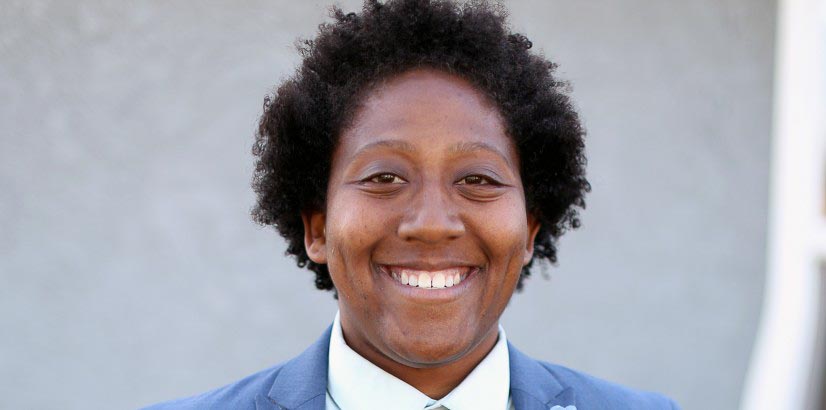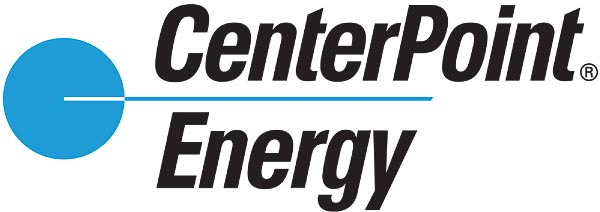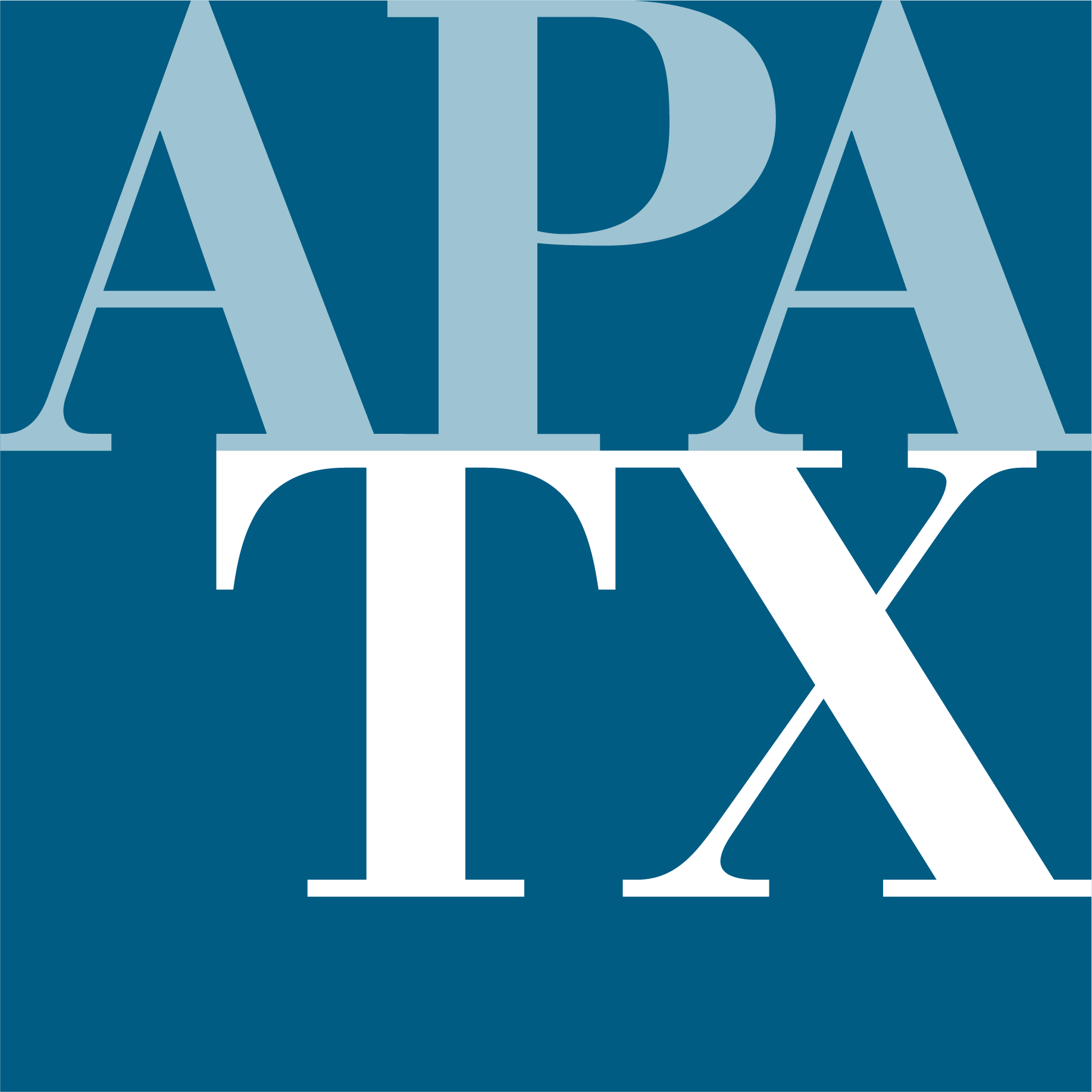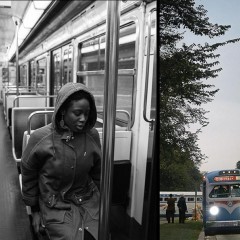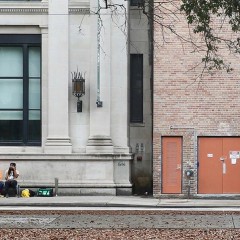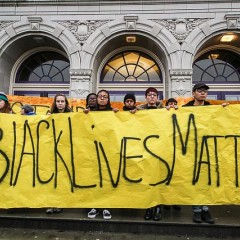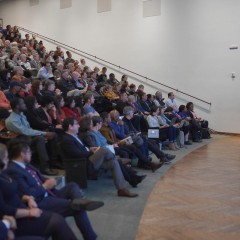A national expert and speaker on issues related to the built environment and equity, Tamika L. Butler discussed institutional oppression, the importance of inclusive urban design, and how to make transportation and public spaces more equitable.
“I see transportation as this connection to other social issues,” explained Tamika L. Butler, who spoke about equity, inclusion and anti-racism during the Kinder Institute Forum. “If you don’t have access to quality transportation, then you can’t have access to quality jobs. You can’t have access to quality health care. You can’t have access to quality education.” But, the people most likely to use public transit — women, people of color and people with low incomes — are underrepresented inside transit organizations, and especially in agency leadership.
To build equitable systems, we need to uproot systems of institutional oppression, said Butler. “True inclusion requires a shift in power” so that diverse people also have the ability to shape budgets, make decisions and influence culture.
About Tamika L. Butler
Tamika L. Butler is a national expert and speaker on issues related to built environment, equity, anti-racism, diversity and inclusion, organizational behavior, and change management. From speaking, to writing, to training, Tamika has worked with a myriad of clients. As the Principal + Founder of Tamika L. Butler Consulting she focuses on shining a light on inequality, inequity, and social justice. She provides consulting, training, coaching, and public speaking for a wide range of organizations in the public and private sectors.
Most recently, she was the Director of Planning, California and the Director of Equity and Inclusion at Toole Design. Previously, Tamika served as the Executive Director of the Los Angeles Neighborhood Land Trust, a non-profit organization that addresses social and racial equity, and wellness, by building parks and gardens in park-poor communities across Greater Los Angeles. Tamika has a diverse background in law, community organizing and nonprofit leadership. Recently she was the Executive Director of the Los Angeles County Bicycle Coalition (LACBC). Prior to leading LACBC, Tamika was the Director of Social Change Strategies at Liberty Hill Foundation, and she worked at Young Invincibles as the California Director.
She transitioned to policy work after litigating for three years as an employment lawyer at Legal Aid Society-Employment Law Center. Tamika previously served as the co-chair of the National Center for Lesbian Rights Board of Directors, serves as the Institute Co-Director of the New Leaders Council – Los Angeles, is a board member of both Lambda Literary Foundation and T.R.U.S.T. South LA, and is an advisory board member for the Legal Aid Society-Employment Law Center’s Fair Play for Girls in Sports program. Tamika received her J.D. from Stanford Law School, and received her B.A. in Psychology and B.S. in Sociology in her hometown of Omaha, Nebraska.
About the Kinder Institute Forum
The Kinder Institute Forum lecture series brings thought leaders from around the world to Houston to share ideas about the most pressing urban issues facing us today. Previous KI Forum speakers have included Pulitzer Prize-winning author Matthew Desmond, global urbanist Richard Florida, Kresge Foundation senior fellow Carol Coletta, former Detroit city planner Maurice Cox, sociologist Eric Klinenberg and New York City Park Commissioner Mitchell J. Silver.
CenterPoint Energy is the title sponsor of the 2020 Kinder Institute Forum series. This program is eligible for 1.25 CM credits from the American Planning Association.

